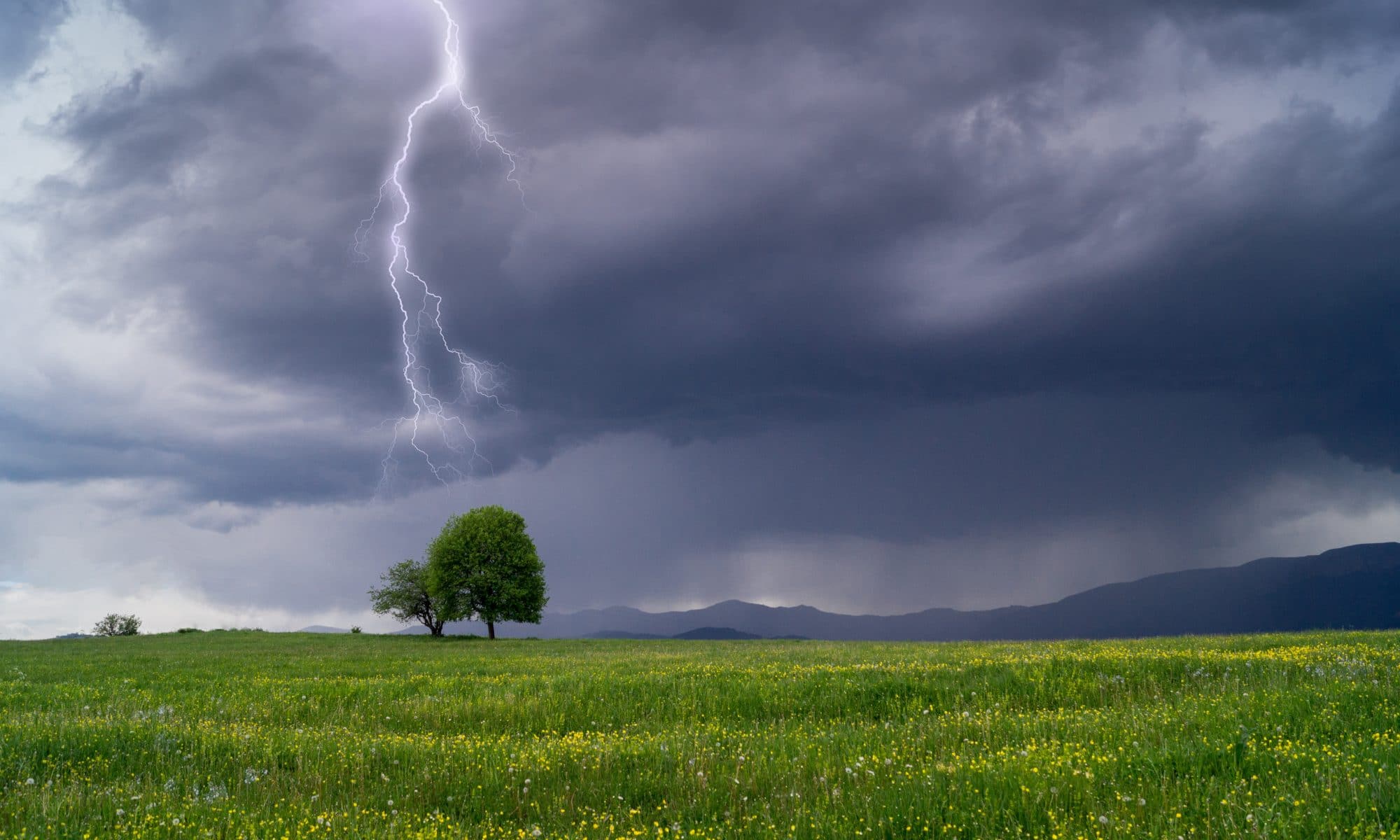Hurricane Florence is barreling toward the No. 1 turkey state just a couple months before Thanksgiving. But thanks can be given to frozen stockpiles that will likely help prevent a shortage of holiday birds.
The storm is heading straight for North Carolina, threatening the turkey industry as coastal residents flee what may be the most powerful hurricane to hit the area in 64 years. The state is also a leading producer of hogs and chicken. While most animals are raised in indoor barns, high winds and heavy rain can risk losses and processing slowdowns, according to Will Sawyer, an economist at CoBank.
Poultry farms are already working to prevent potential damage. Most of Butterball LLC’s North Carolina processing plants, hatcheries and feed mills are in the storm’s projected path, and the company began hurricane preparations last week, according to a statement from Jay Jandrain, chief operations officer at the top U.S. turkey company. Feed mills ran through the weekend to make sure there is sufficient inventory, he said.
Butterball’s whole birds, a staple of Thanksgiving feasts, are produced and stored at facilities in the Midwest, while the company’s North Carolina plants produce items such as ground turkey, turkey bacon and turkey breast.
“National Turkey Federation members have extensive plans in place to address scenarios of this nature, and they are taking the appropriate steps now to best protect the safety of their employees and flocks,” Beth Breeding, a spokeswoman for the Washington-based group, said by email.
For Thanksgiving, ample frozen inventories will help to offset any possible birds losses, said Tom Elam, president of consultant FarmEcon. The industry stockpiles turkeys throughout the year before a rapid drawdown near Thanksgiving and Christmas. Supplies of whole, frozen turkeys at the end of July were slightly below 2017, while above the five-year average. Still, lost animals may impact the supply of fresh birds for the holiday, he said.
Whole-turkey prices have been weak this year and reached the lowest since 2010, the U.S. Department of Agriculture said in an August report. The large supplies in cold storage are evidence that production has outpaced demand, the agency said.
There’s another Thanksgiving staple in the storm’s path: sweet potatoes. North Carolina is the nation’s top grower and produces more than half of the country’s supply. If soils are saturated or flooding occurs, the tubers may rot, and low-lying areas of fields may not be harvestable, said Normal Harrell, North Carolina Cooperative Extension director in Wilson County, a major producing region. Most of the state’s crop has yet to be gathered.
